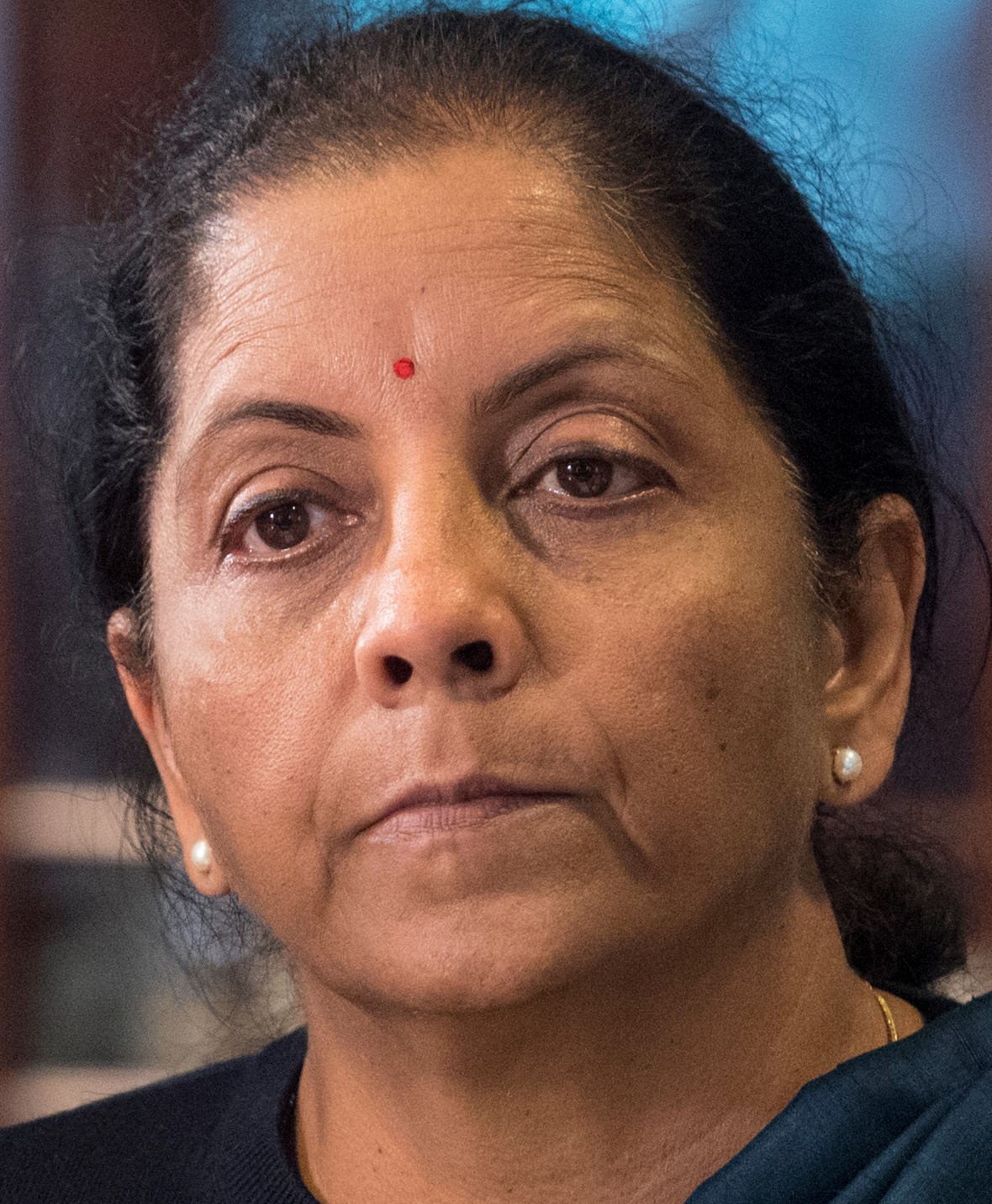- China aims to boost regulatory scrutiny of digital economy due to potential risks.
- Digital currencies can create new challenges rather than resolving financial issues.
- Cyclical swings, micro credit risks, and liquidity risk mismatches persist in the sector.
On Friday, a deputy governor of China’s central bank stated that the country intends to strengthen its regulatory scrutiny of the digital economy. This is due to the fact that new technologies, particularly novel financial models, must not be mindlessly embraced without appropriate vetting and acknowledgement.
During the Boao Forum held in Hainan province, Xuan Changneng, a deputy governor of the People’s Bank of China, expressed that digital currencies and recently developed cryptocurrencies can potentially generate new obstacles instead of resolving financial issues.
However, the deputy governor did not elaborate on the specific measures that will be implemented to reinforce supervision. Xuan added,
The digital economy has changed the format of financial services, but it has not changed the financial model itself.
Xuan Changneng, deputy governor of the People’s Bank of China
According to the deputy governor, cyclical fluctuations in the sector, micro credit risks, and liquidity risk mismatches continue to persist. This highlights the importance of China’s intensified regulatory supervision over the fintech industry in recent years, which forms part of a broader effort to mitigate financial risks.
Beginning in late 2020, Chinese authorities have escalated restrictions on the financial subsidiaries of online platform businesses, following a period of rapid growth. The regulators have emphasized the importance of striking a balance between financial innovation and security. In a subsequent move, China’s regulators prohibited cryptocurrency trading and mining in 2021, citing concerns that speculative activities in the cryptocurrency market could potentially disrupt the nation’s economic and financial stability, which is one of Beijing’s primary goals.
Additionally, Xuan expressed that cryptocurrencies are susceptible to risks such as fraudulent activities and illegal transactions, and further criticized the United States for its inadequate regulation of cryptocurrencies. Meanwhile, on Thursday, U.S. Treasury Secretary Janet Yellen declared that the Biden administration is still examining the possibility of systemic risks associated with digital assets. This effort began even before the collapse of cryptocurrency exchange FTX.
Although China has launched its own digital currency, the digital renminbi or yuan, it has not gained widespread adoption. Earlier this month, the country announced the establishment of a new regulatory body tasked with consolidating oversight of the financial services industry
Moreover, analysts have suggested that this move aims to close loopholes created by multiple agencies monitoring different aspects of the $57 trillion financial sector. The new National Financial Regulatory Administration will assume the responsibilities of the China Banking and Insurance Regulatory Commission, and take over certain supervisory functions from the central bank and the securities regulator.
According to Xuan, “the quality of regulatory oversight over the digital economy will be enhanced,” as the demands on financial regulators are becoming increasingly significant in this era.





















